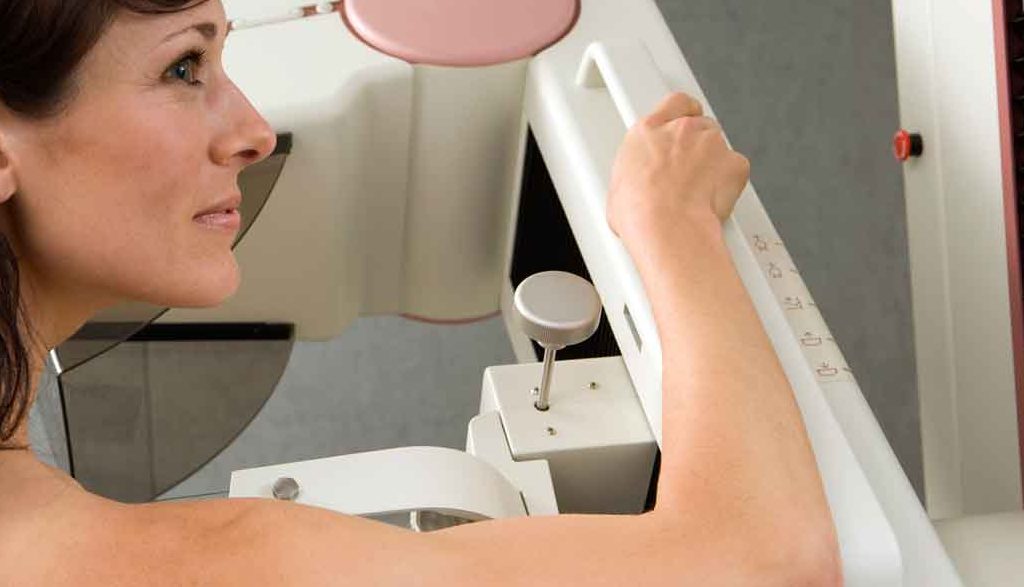Early-Stage Breast Cancer Patients Often Suffer in Silence

Women often don’t know what to expect from treatment for early-stage breast cancer, and too many are not discussing side effects with their doctors.
You might not expect women treated for early stage breast cancer to have a lot of side effects from treatment. After all, many can forego chemotherapy and avoid total mastectomies.
A large study of women with breast malignancies caught early, however, found most of these patients experienced worrisome problems associated with their therapies — and for many, they weren’t prepared for the severity of the side effects.
In the past, specific side effects of treatments for breast cancer (including surgery, chemotherapy, and radiation) have been documented primarily through patient experience during clinical trials.
But for this study, a research team from the University of Michigan, Stanford, Emory, UCLA, and Memorial Sloan Kettering Cancer Center looked at a diverse group of early-stage breast cancer patients to learn what the women experienced after their cancer treatments.
YOU MIGHT ALSO LIKE: Anxiety Can Kill if You Avoid Breast Cancer Screenings
The researchers surveyed almost 2,000 women about seven months after their breast cancer diagnoses. The women were asked if they experienced any of the seven common side effects of treatments for breast cancer:
- Nausea or vomiting
- Pain
- Shortness of breath
- Diarrhea
- Constipation
- Arm swelling
- Breast skin irritation
They were also instructed to rate the severity of their symptoms.
More than 90 percent of the women reported at least one of the listed side effects, most often pain, skin irritation, and constipation. Half of the women noted at least one severe or very severe side effect from their treatment. Even one third of the patients who didn’t undergo chemo said they experienced severe side effects.
Women who had both radiation and chemotherapy were 30 percent more likely to experience a severe side effect than patients who had only one of those treatments. Women who had double mastectomies were twice as likely to report severe or very severe pain after their surgery, compared to women who had lumpectomy.
"As an oncologist, I knew from my clinical practice that more women were suffering than is generally reported in clinical trials," said researcher Allison Kurian, MD, associate professor of medicine, health research and policy at Stanford University.
The survey also delved into how the women attempted to get help for their discomfort and pain due to side effects. Most waited to mention the side effects until they saw their doctors at routine office visits. That said, five percent went to emergency departments or a hospital for help, and nine percent asked for an additional appointment with their doctor.
Sometimes the side effects were so debilitating the patients delayed needed treatments — which could potentially impact the course of their disease.
"It's in patients' best interest to receive their treatments on time and on schedule, whenever possible, to give them the best possible outcome,” said the study’s lead author, Steven J. Katz, MD, professor of medicine policy at the University of Michigan. “Unscheduled care for toxicities — including clinic visits, emergency department visits, and hospital stays — are expensive, inconvenient, and disruptive to both doctors and patients. We need to avoid them whenever possible.”
Part of the problem in finding ways to soothe, relieve, or even prevent side effects could be the result of breast cancer patients not informing their doctors about the severity of their treatment-related side effects.
"Often, women suffer in silence, afraid to tell their providers about how bad things really are for fear that their treatments may be halted,” Kurian noted. “We need to change that.”
While women should ask questions about potential side effects and report them to their doctors, oncologists need to provide complete information about all potential side effects of breast cancer treatments so patients can be prepared and know how to handle problems such as nausea, constipation, and pain, Kurian added.
Updated:
May 08, 2023
Reviewed By:
Janet O’Dell, RN